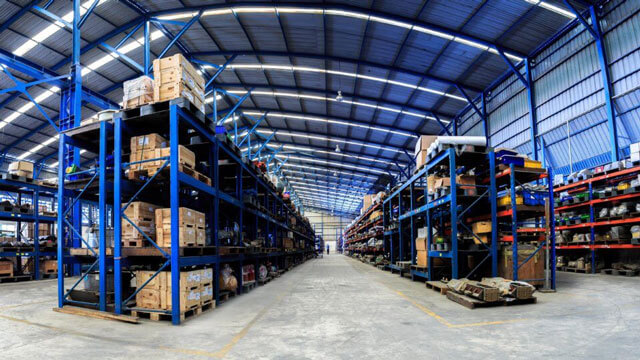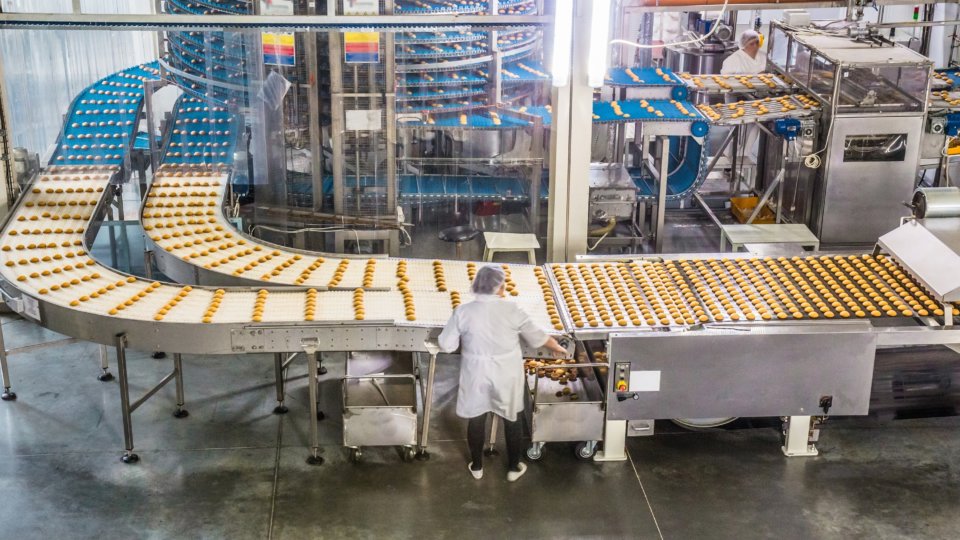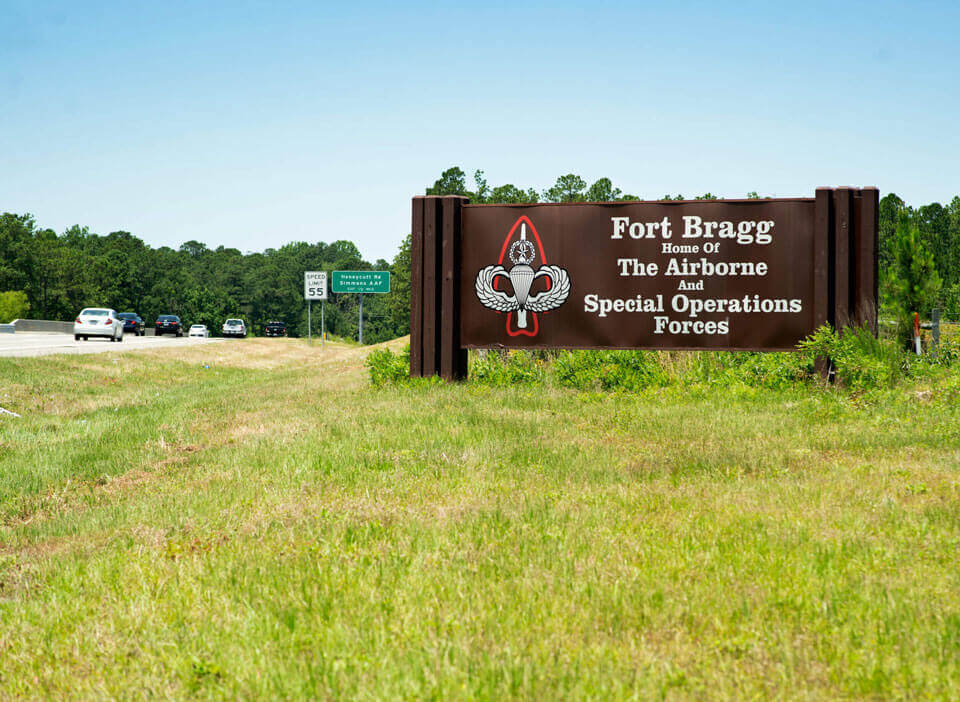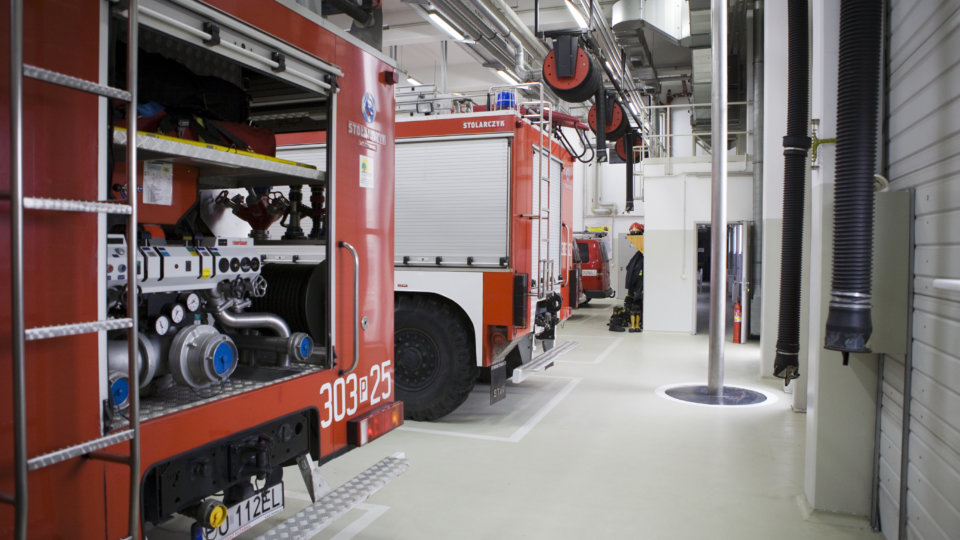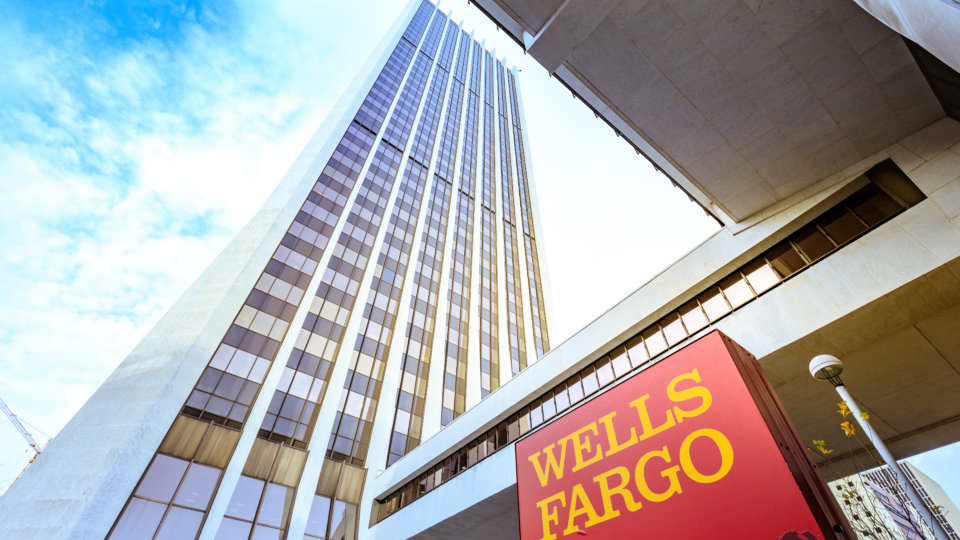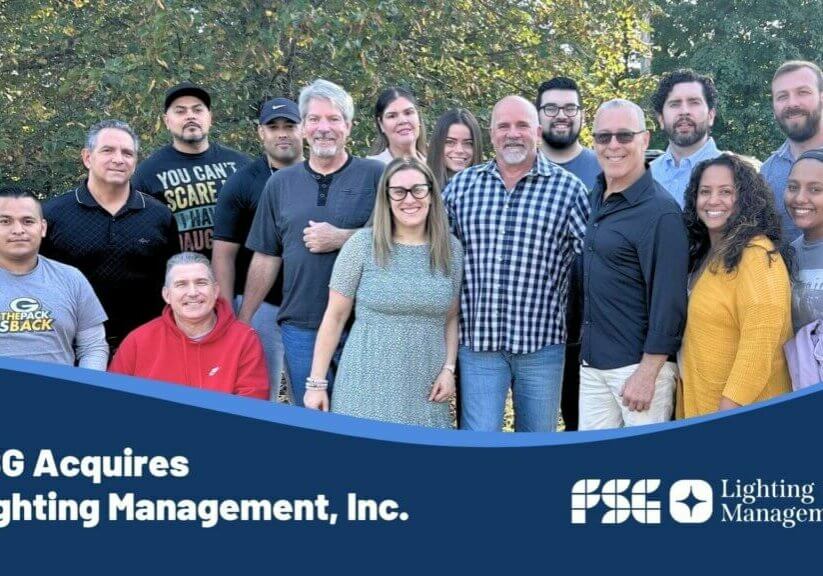Construction Safety Week: Inspiring Industry Leaders to Focus on Safety
Share Article
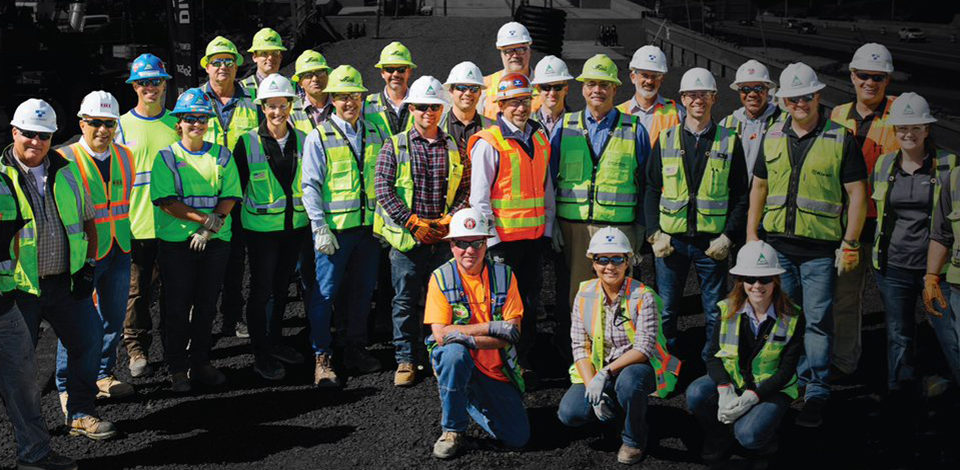
In 2019, there were 4,779 worker fatalities in the construction industry. Of this number, the top four causes accounted for 58.6 percent of deaths. Falling, being struck by something, becoming caught between objects, and electrical incidents were the main causes of death.
While fatalities are a major concern, the construction industry has to deal with on-the-job injuries as well. Because of these dangers, Construction Safety Week was organized as a safety awareness week every year.
The goal is to protect construction workers and support the families who rely on them.
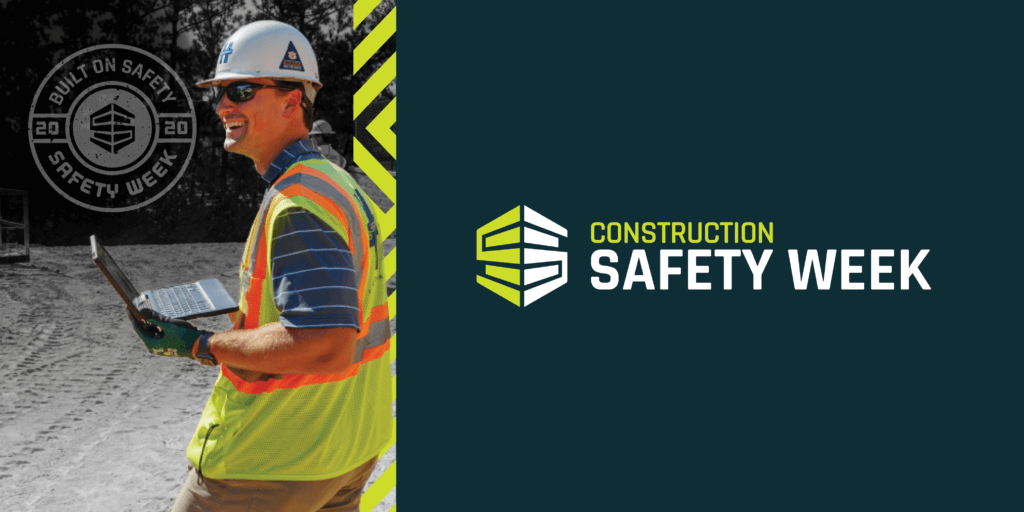
What Is Construction Safety Week?
When construction managers walk onto a job site, their main goal should be to complete the project safely.
Construction companies want to ensure all of their co-workers return home safely to their families each night. Unfortunately, this goal is often difficult in the construction industry.
Safety is a necessity in the construction industry because of all of the risks workers have to take on a daily basis. Because of this, more than 70 different construction firms joined together to help create a safer industry.
Based throughout the country and around the world, construction companies take part in Construction Safety Week because they believe in protecting their workers. Together, they share a mission to get every firm in the industry to protect their workers and use safe practices.
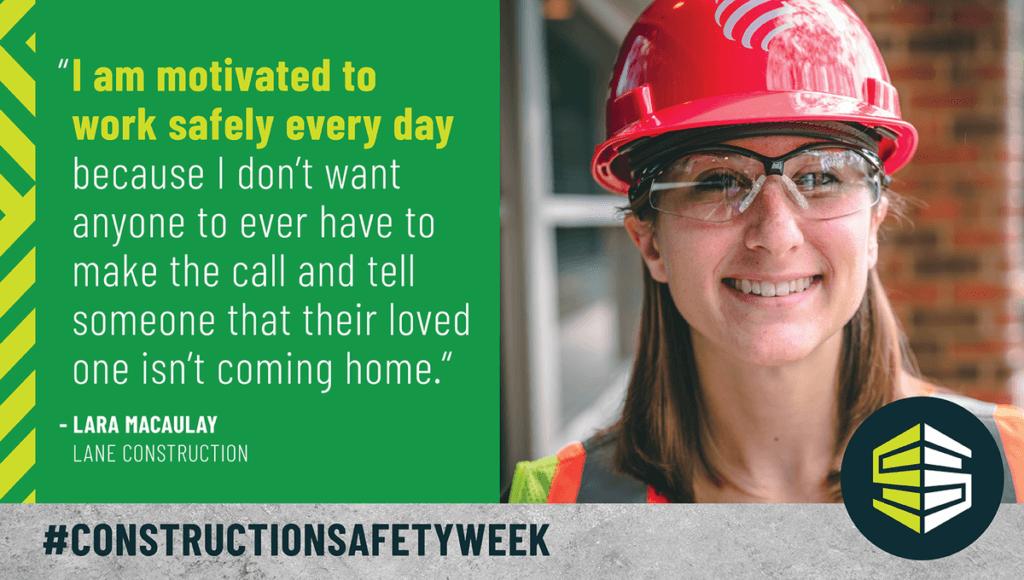
During Construction Safety Week, companies and people in the industry can come together to make construction sites safer. By taking part in this awareness week, companies can show their commitment to creating a safer industry.
The mission of Construction Safety Week is to support the industry’s safety culture by providing the best tools, resources, and techniques. This week helps construction firms learn about safe choices so that every worker can return home safely at night.
In the beginning, the partnership included more than 40 global and national firms. These firms initially began the Construction Industry Safety Initiative (CISI) as well as the Incident and Injury Free (IIF) CEO Forum. The main goal of these initiatives was to encourage industry leaders to adopt safe practices.
Then, these firms created Safety Week in 2015. At the time, their goal was to make an annual campaign that would spread their mission. Since that time, they have increased the number of their sponsors and members.
While the group has grown significantly since its creation, it still focuses on the same mission. Their primary goal is to increase awareness about the importance of safety measures on construction sites.
With 2020, an entire extra set of COVID-19 safety steps has presented itself to employers and employees worldwide.
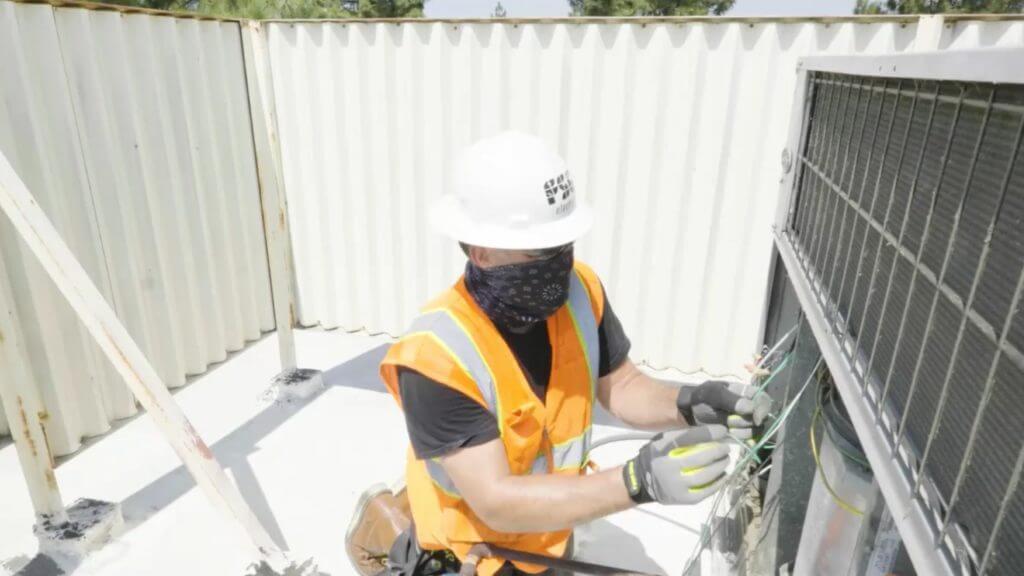
They want to encourage industry leaders to adopt best practices and to conduct safety awareness activities at each job site. Additionally, the group would like to thank workers for all of their efforts to promote safety as they operate injury-free workplaces.
Through Construction Safety Week, the group hopes to support companies as they learn about the best safety measures.
Construction Industry Stats
In 2018, $11.4 trillion was spent on construction around the world. During 2019, the United States spent $1.3 trillion on construction projects. Over the next decade, construction spending is only expected to grow. By 2030, the construction industry is expected to top $17.5 trillion in revenue.
Unfortunately, economic growth comes at a price. As the construction industry expands, there will be more safety-related incidents. Right now, 15 percent of workers’ compensation claims go to construction workers. In total, non-fatality injuries are 71 percent higher in construction than they are in any other industry.

Thankfully, the situation is gradually starting to improve. Back in 1972, there were 10.9 work-related injuries or illnesses for every 100 workers. By 2017, this figure dropped to 2.8 incidents per 100 workers.
On average, each work-related injury cost $1,100 per worker in 2018. If the worker required medical care, the costs were an average of $41,000. Meanwhile, each work-related fatality cost $1,190,000.
Other than learning about different safety measures, construction firms are also harnessing the power of technology to help their workers.
In 2019, there was a 4 percent increase in the number of construction firms that used safety apps. A total of 53 percent of large general contractors used software to handle inspections or manage safety measures on half or more of their projects. Roughly 79 percent of contractors believe advanced technologies can help them enhance workplace safety.
What Factors Affect Construction Safety?
There are a number of things construction companies can do to promote safety. Problems like running behind schedule can be alleviated to protect workers.

Labor shortages, project risks, and miscommunication are also common issues that can lead to accidents and injuries. Work pressure, safety knowledge, and role overload are also significant factors.
When it comes to a firm’s safety climate, the management team must be committed to operating a safe workplace. The management team’s commitment to safety encourages workers to take safety seriously.
By encouraging a better safety climate, workplaces can prevent workplace injuries. Safety measures like implementing safety protocols, using assessments, starting a training program, planning for adverse weather, and providing personal protective equipment can help workers stay safe.
By showing employees that the company values safety, these measures can also foster a strong safety climate among employees as well.
While injuries have been common among construction workers in the past, they do not have to be in the future.
FSG is an advocate for Construction Safety Week and would like to encourage our teams and partner teams to continue to stay focused on workplace safety. To find out more about Construction Safety Week and the different tools and safety measures available to companies, visit www.ConstructionSafetyWeek.com.
If you have questions for the FSG team, call us at (512) 886-1258




